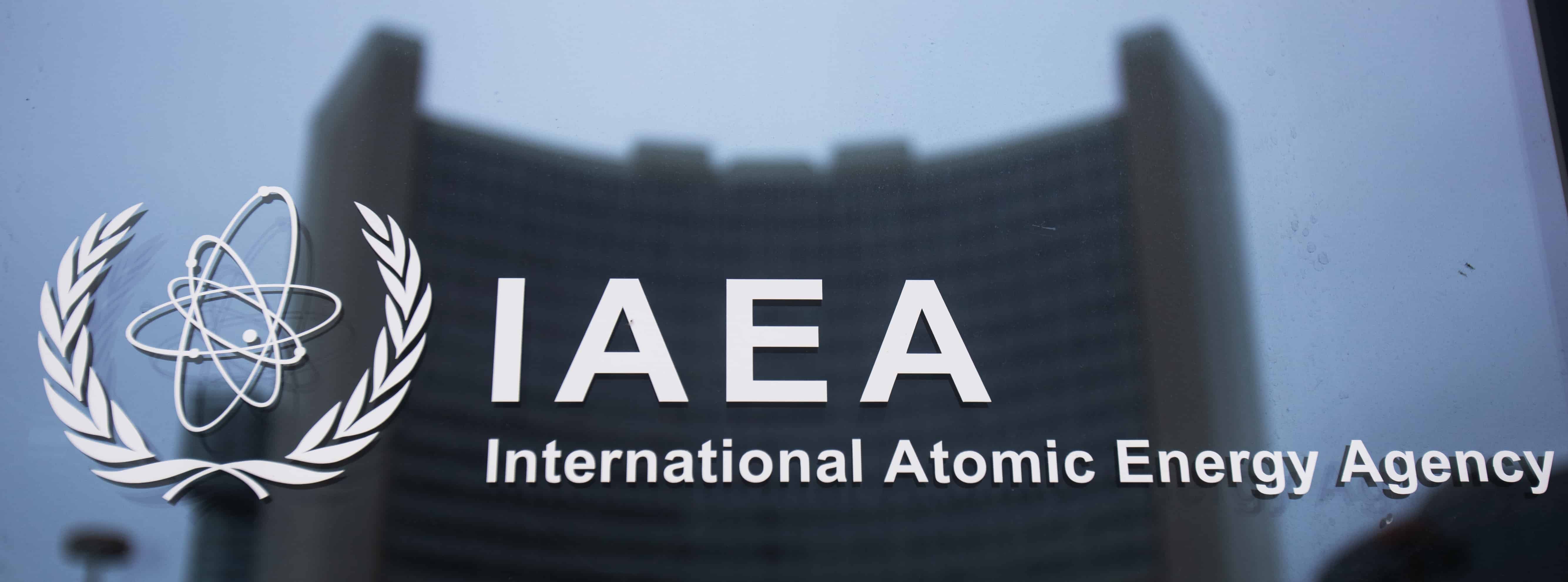Vienna, Austria — Qatar Friday called for intensifying international efforts to subject all Israeli nuclear facilities to International Atomic Energy Agency safeguards, and for Israel to join the Treaty on the Non-Proliferation of nuclear weapons as a non-nuclear state.
Chairman of the National Committee for the Prohibition of Weapons Dr. Abdulaziz Salmeen Al Jabri made this statement at the annual general conference of the International Atomic Energy Agency (IAEA) currently being held in Vienna, QNA reported.
Al Jabri explained that this demand was confirmed by international legitimacy resolutions half a century ago, including the resolutions of the United Nations General Assembly since 1974, Security Council Resolutions 487 of 1981 and 687 of 1991, numerous International Atomic Energy Agency resolutions.
The resolution of the Review Conference of the Middle East Non-Proliferation Treaty in 1995 also called on Middle Eastern countries that are not signatories to the Treaty on the Non-Proliferation of Nuclear Weapons to join the treaty and accept the IAEA safeguards system.
Qatar urged the international community, and the three depositary states of the Non-Proliferation Treaty, to bear a special responsibility in their capacity as permanent members of the Security Council that adopted the Middle East Resolution of 1995.
It urged to work to correct the course and take actual steps to achieve progress towards implementing the resolutions of international legitimacy, especially since Israel’s accession to the treaty, and subjecting all its nuclear facilities are under the IAEA’s comprehensive safeguards regime which is a prerequisite for establishing a nuclear-weapon-free zone in the Middle East.
Al Jabri stressed that confronting nuclear proliferation in the Middle East is at the core of the tasks assigned to the International Atomic Energy Agency, as the agency had a role within the framework of establishing a nuclear-weapon-free zone in the Middle East and applying the agencys full-scale safeguards to all nuclear activities in the region.
The Director-General of the Agency was mandated to hold consultations with countries in the region to facilitate the early application of full-scale IAEA safeguards on all nuclear activities in the region as a necessary step towards establishing a nuclear-weapon-free zone.
In its statement, Qatar appealed to the Director-General of the International Atomic Energy Agency to take an initiative to break the current impasse, stressing the need to keep the issue of Israeli nuclear capabilities under discussion within the agency’s policy-making bodies.

